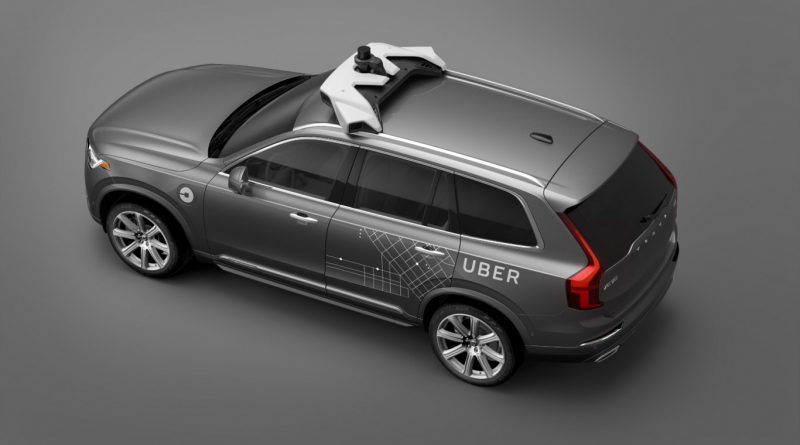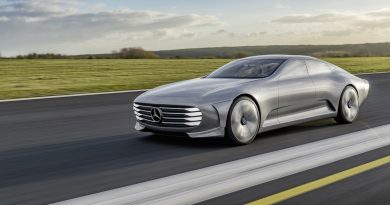How will the commercialisation of driverless cars impact insurance?
22 August 2016: Boston Consulting Group, an American worldwide management consulting firm, estimates that the autonomous car market will be worth $42 billion dollars by 2025. While it may be some time before this technology reaches South Africa, if it does become available in our local market it is likely to have far-reaching consequences for the insurance industry.
This is according to Dawie Loots, Acting CEO of MUA Insurance Acceptances, who says the introduction of driverless cars in South Africa will mean that insurance policies and contracts will have to be revisited. “In theory, people would think that if the risks posed by driverless vehicles prove to be significantly less than the risks involved in driving traditional vehicles, the insurance premium charged should also decrease, making the insurance industry even more competitive.”
However, while the chances of accidents can be reduced dramatically, the likeliness of accidents to occur cannot be completely removed as automated systems can still fail and conventional cars will always be driving on our roads, he says. “Due to the potentially higher costs to repair or replace a driverless car, the cost of damage from accidents could be significantly higher when compared to conventional vehicles. This could mean higher premiums to ensure adequate cover.”
Insurance for damage caused by natural elements and theft of the driverless car (comprehensive cover) is unlikely to differ from traditional policies, he says. “However, exclusions such as driving under the influence of alcohol cannot be completely eliminated from our insurance policies, but would probably not apply in the same regard when the motorist owns a driverless car.”
Should a driverless car be involved in an accident, the onus will be on the car manufacturer to prove that the accident was not caused as a result of a manufacturing error, says Loots. “Claimants will be more likely to the blame the manufacturer or supplier for the accident as there is no human error to blame for the accident.”
Loots notes that the fact that a human is not driving the car, but rather the car is driving itself, raises a number of additional questions. “Can someone still be sued in his or her own personal capacity if an accident occurs? Would the owner or manufacturer of the vehicle now assume the negligent position of the vehicle? The qualifying criteria for negligence may now have to question: would the reasonable person (vehicle) have foreseen the consequence of his/her (its) actions; would the reasonable vehicle have taken the necessary steps to safeguard against this consequence; and lastly did this vehicle take the necessary steps to safeguard against such a consequence?”
While the traditional risks posed by driverless vehicles may be substantially mitigated, the reality is that the compatibility of all vehicles on the road is vital to enable constant cross-communication between each vehicle, otherwise the benefits of such a system would soon be obsolete, says Loots.
“Automated driving will also only be possible on South African roads if we have the correct markings and infrastructure in place, which is a costly procedure that will require an immense amount of planning and time. An initial slow uptake in purchasing of automated vehicles in the country will mean that accidents will still be occurring due to the number of human drivers on the roads.”
“Whilst the phasing in of this type of technology will take a long time, especially in emerging markets, the true impact that driverless cars will have on the South African insurance sector is still unknown. It is therefore important that the local industry start to consider and debate the implications to ensure that we are all prepared when the time does arrive,” concludes Loots.



